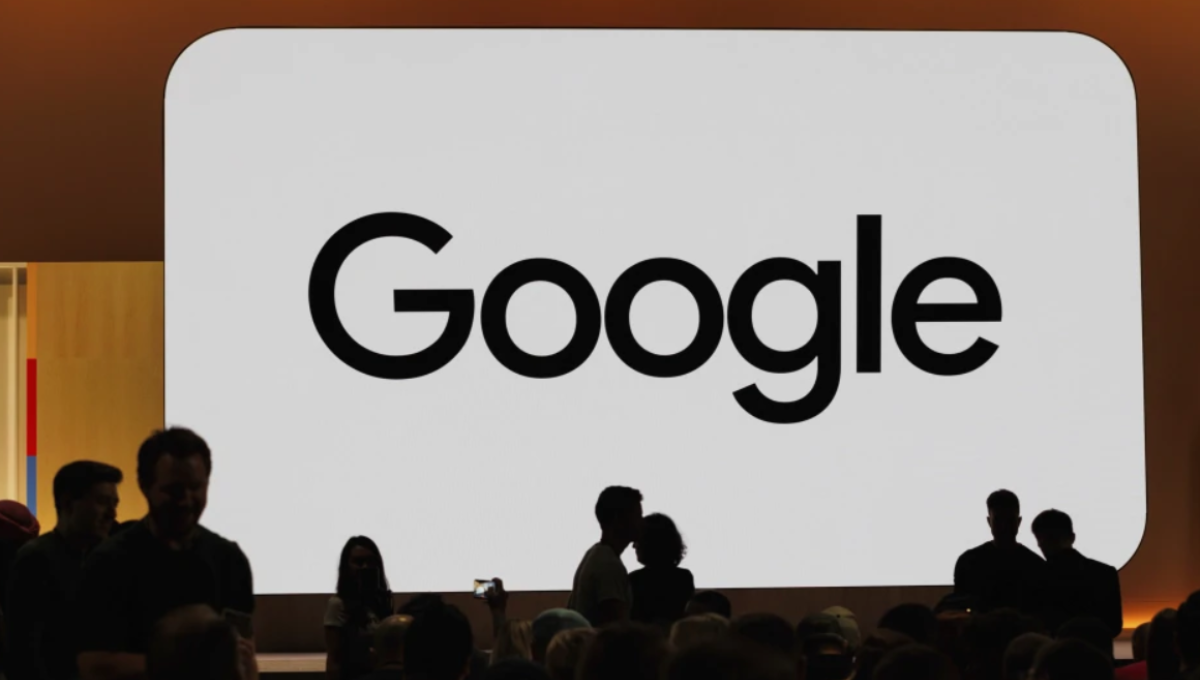A federal appeals court has upheld a jury’s decision that found Google’s Android app store to be an unlawful monopoly, setting the stage for significant changes that could alter how millions of Android users access apps and make purchases.
The ruling, issued unanimously on Thursday by a three-judge panel of the Ninth Circuit Court of Appeals, marks another major antitrust setback for Google. Since late 2023, the tech giant has faced a trio of high-profile legal defeats, with courts determining that its dominance in search, digital ads, and now the Play Store violates competition laws.
The case was brought by video game developer Epic Games, which has been challenging the app store ecosystems of both Google and Apple for nearly five years. Epic accused the companies of enforcing restrictive policies that force developers to use in-house payment systems and pay commissions ranging from 15% to 30% on in-app purchases.
In December 2023, a jury sided with Epic, concluding that Google had used its market power to suppress competition by discouraging the use of alternative app stores and payment options. The verdict led U.S. District Judge James Donato to order a sweeping overhaul of Google’s Play Store practices—an order Google sought to overturn through appeal.
Google argued that the jury had applied the wrong legal framework, claiming the judge erred by allowing a different market definition than that used in a similar case where Apple largely prevailed against Epic. However, the appeals court rejected that argument, finding that Epic had presented sufficient evidence of Google’s anti-competitive behavior and its impact on the Android ecosystem.
“Epic’s lawsuit was filled with evidence showing that Google’s conduct entrenched its control of the market and prevented rivals from gaining traction,” the panel noted in its decision.
Lee-Anne Mulholland, Google’s vice president of regulatory affairs, responded by saying the ruling would negatively affect user safety and limit consumer choice, warning that the mandated changes could make Android users more vulnerable to scams and malware from third-party app stores.
Unless Google is granted an extension to delay enforcement of the ruling, the company will soon be required to make significant modifications to the Play Store. These changes include opening access to the full library of over 2 million apps for alternative stores and assisting in the distribution of those alternatives.
Epic’s legal team, however, dismissed Google’s concerns as fearmongering meant to protect its corporate parent, Alphabet Inc., from financial losses.
Though Epic did not succeed in having Apple’s App Store labeled a monopoly, that lawsuit did lead to a court order requiring Apple to permit developers to link to outside payment options—cutting into Apple’s exclusive control over in-app transactions.
Google now faces additional legal challenges. In a separate case involving its search engine dominance, the U.S. Justice Department is proposing a remedy that could force the company to sell off its Chrome browser and stop making lucrative deals with Apple and others that promote Google Search as the default option.
Another looming threat is a proposed breakup of Google’s advertising business. A trial addressing that issue is set to begin in September and could further reshape the company’s business model if the government prevails.
Also Read:
Wall Street Tumbles and Bond Yields Drop Amid Disappointing Job Data and Fresh Tariff Moves
Trump Set to Reinstate Presidential Fitness Test for U.S. Students














